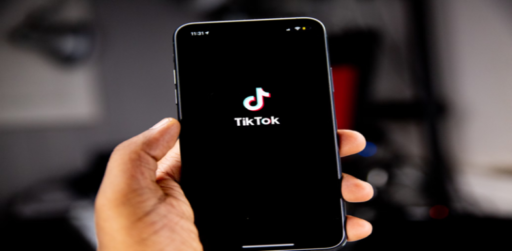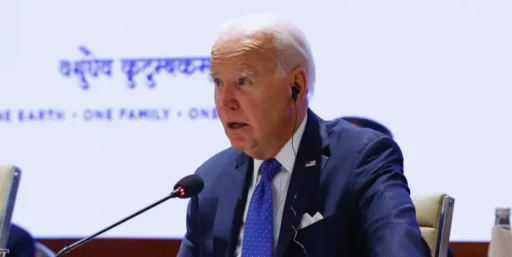Addressing Geopolitical Interference
In a move signaling a broader trend in supply chain resilience strategies, Nokia has reportedly scaled back orders with supplier Foxconn Industrial Internet, aligning with the US government’s Clean Network program. This shift reflects efforts by companies to bolster security and reduce reliance on entities associated with geopolitical risks.
Background: Clean Network Initiative
Introduced in 2020 by the Trump Administration, the Clean Network initiative aims to safeguard critical infrastructure by partnering exclusively with trusted firms devoid of ties to the Chinese government or other malign actors. This initiative underscores the importance of data privacy, security, and principled collaboration in the face of emerging threats.
Strategic Reallocation
Nokia’s decision to reduce orders from Foxconn Industrial Internet aligns with efforts to comply with Clean Network standards. While Foxconn Industrial Internet is not Chinese-owned, its association with the Shanghai Stock Exchange prompted Nokia to reassess its supply chain dynamics. The reallocation primarily affects products such as low-power cellular radio access nodes and customer premises equipment (CPE).
Nokia’s Statement
In response to inquiries, Nokia emphasized its commitment to a resilient global supply chain, emphasizing diversity and proximity to customers while maintaining technical specialization and quality standards. The company’s decision reflects a strategic balance between global operations and evolving geopolitical dynamics.
Foxconn’s Response
Foxconn Industrial Internet refrained from commenting on changes in Nokia’s order volumes, affirming that cooperation with clients remains uninterrupted. The company’s adherence to standard procedures suggests continuity despite evolving geopolitical dynamics.
Geopolitical Implications
Beyond Nokia’s strategic maneuvering, the geopolitical landscape witnesses reciprocal actions. China’s recent mandate to remove US technology from government devices underscores efforts to reduce reliance on foreign entities, impacting major players like Intel and AMD. This tit-for-tat dynamic reflects broader tensions over technical sovereignty and global market influence.
Global Ramifications
Geopolitical friction extends beyond the US-China arena, with recent developments in the Middle East exemplifying similar dynamics. Microsoft’s investment in Emirati AI firm G42, contingent on reducing reliance on Chinese technology, underscores the global ripple effects of geopolitical posturing.
In summary, Nokia’s strategic reallocation underscores a broader trend in supply chain resilience strategies amid geopolitical tensions. As companies navigate evolving dynamics, collaboration and compliance with regulatory frameworks like the Clean Network program are essential for fostering trust and stability in global markets.











